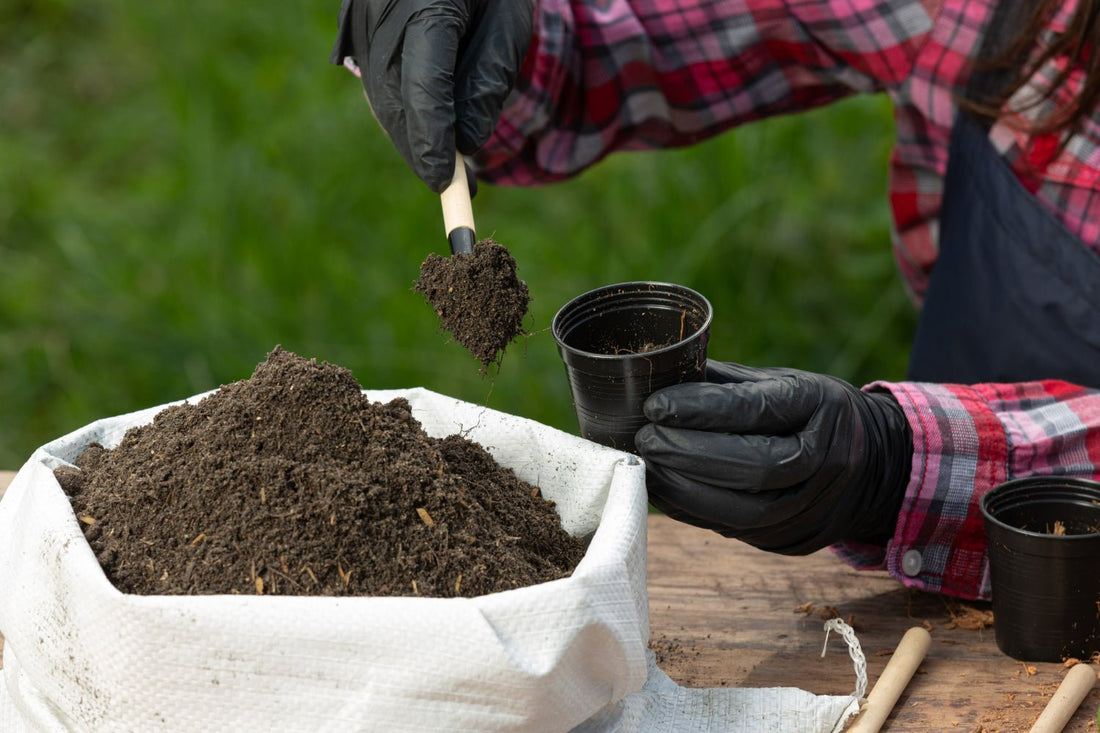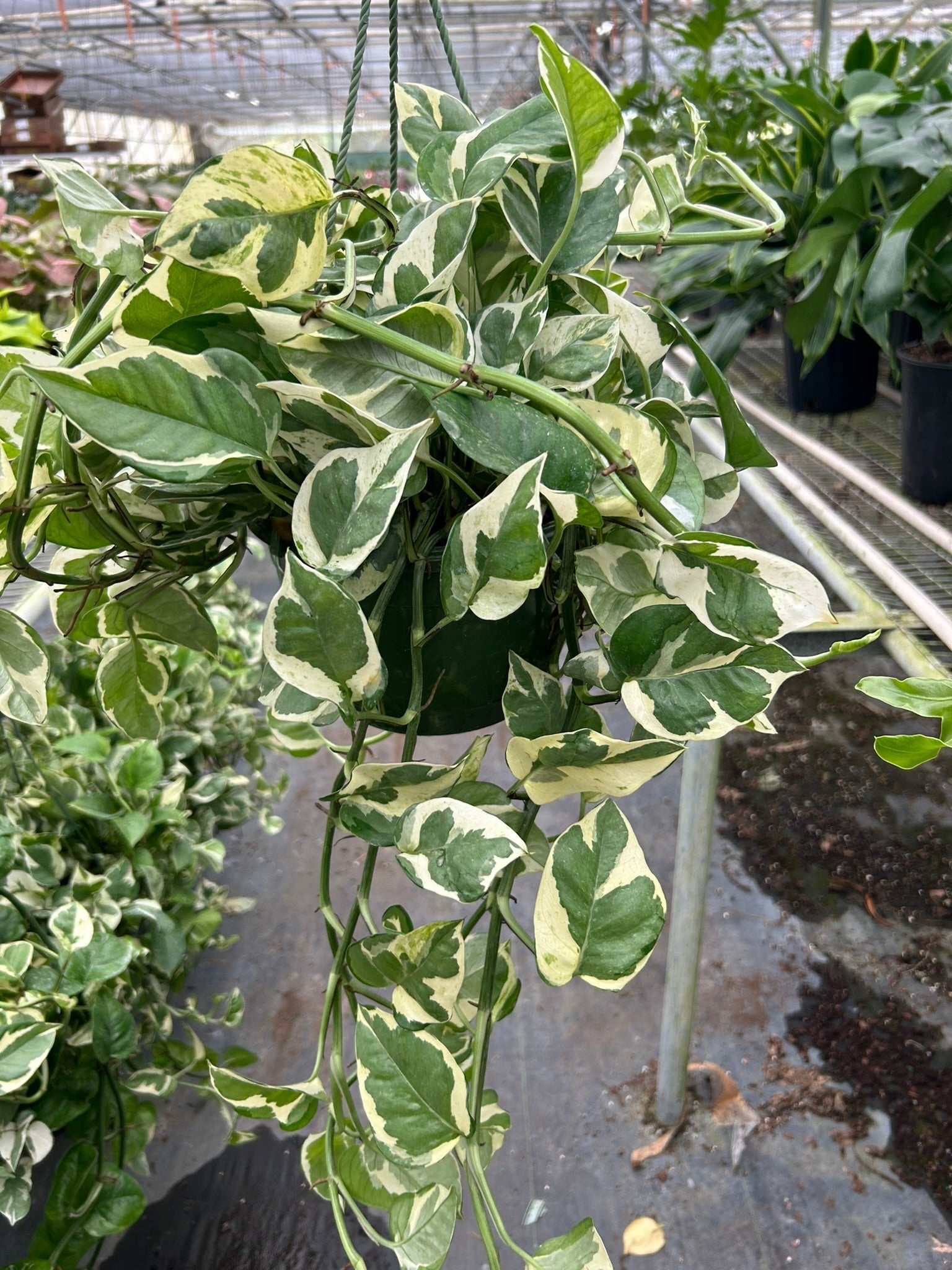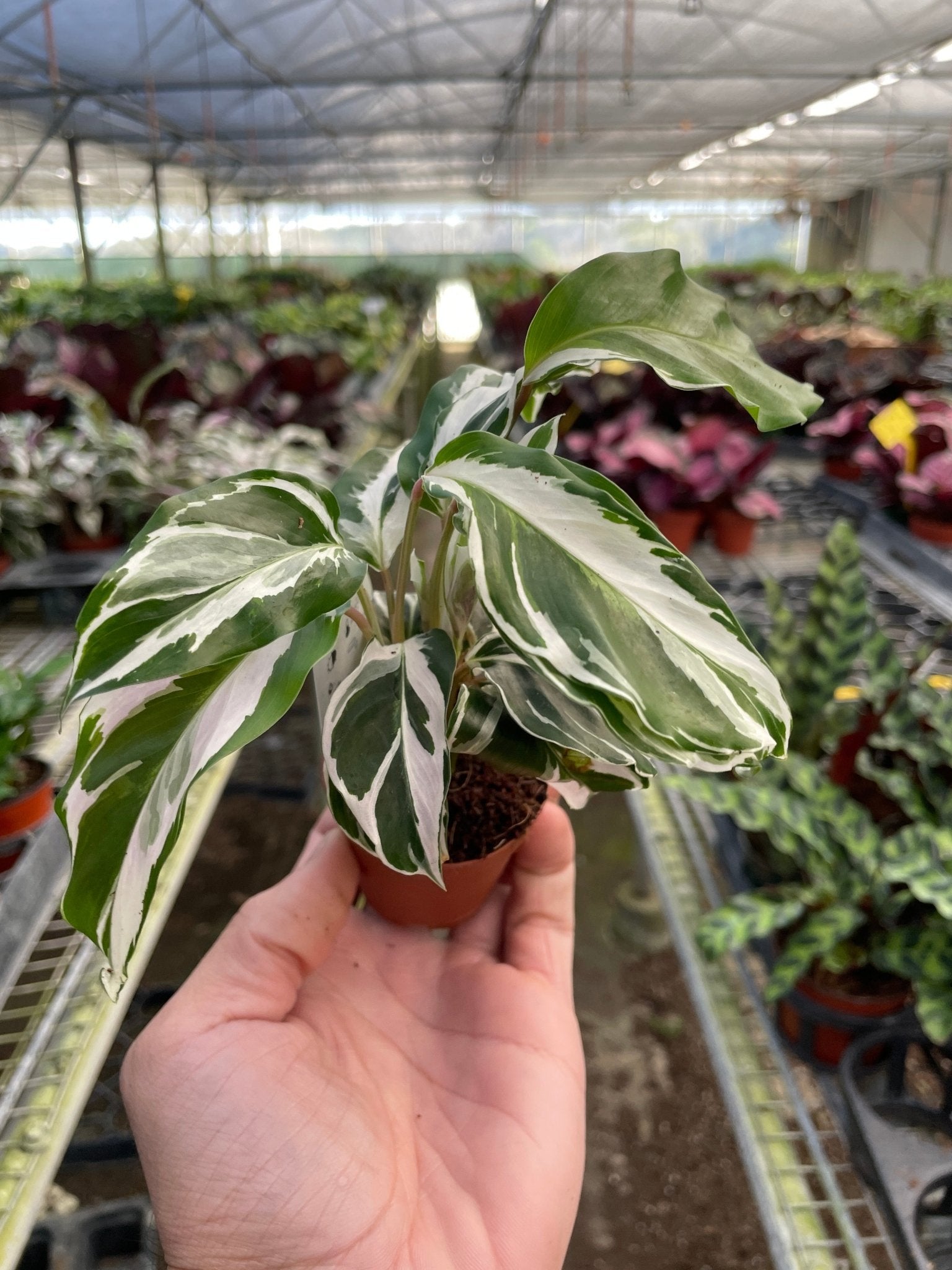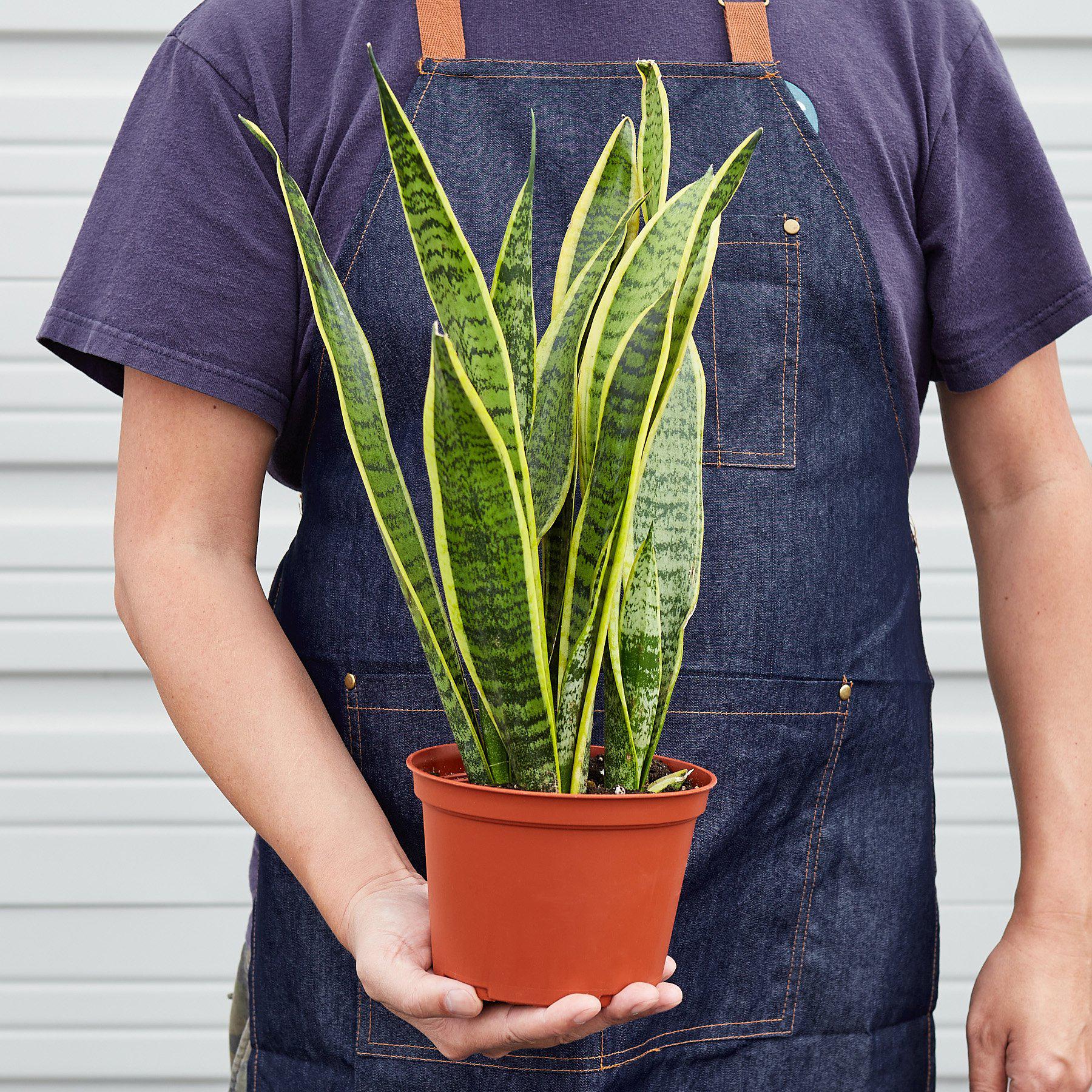Fertilizer vs Compost: Which is Best for Your Plants?

Fertilizer vs Compost: Which is Best for Your Garden or Houseplants?
Understanding the differences between fertilizer vs compost—and how to use them—can transform your gardening results. Whether nurturing outdoor beds or live indoor plants, this guide breaks down nutrient sources, eco-impacts, and ideal applications, including manure vs compost and liquid fertilizer vs granular options.
Key Differences: Fertilizer, Compost, and Manure
1. Fertilizer vs Compost
Fertilizer: Concentrated nutrients (synthetic or organic) for quick fixes. Best for addressing deficiencies in live indoor plants or boosting growth. (Learn how to read fertilizer labels via Penn State Extension).
Compost: Decomposed organic matter (food scraps, leaves) that improves soil health long-term. Ideal for gardens and sustainable practices. (For DIY tips, see the EPA’s composting guide).
2. Manure vs Compost
Manure: Raw animal waste (e.g., cow, poultry). Requires aging to avoid pathogens. High in nitrogen but riskier for house plants for sale online.
Compost: Safer, odor-free, and versatile. Enhances soil structure and moisture retention. (Compare soil benefits with the USDA’s soil health resources).
| Aspect | Fertilizer | Compost | Manure |
|---|---|---|---|
| Nutrient Speed | Immediate (days) | Gradual (months) | Moderate ( weeks) |
| Best For | Potted plants, fixes | Soil health, gardens | Outdoor crops |
Liquid Fertilizer vs Granular: Choosing the Right Type
Liquid Fertilizer
- Pros: Fast-acting, perfect for live indoor plants needing urgent care.
- Cons: Requires frequent reapplication (every 2–4 weeks).
Granular Fertilizer
- Pros: Slow-release nutrients for steady growth. Ideal for low-maintenance gardens.
- Cons: Overuse can harm roots. (Explore organic options via UVM Extension).
Pro Tip: Pair granular fertilizers with compost for house plants for sale online to balance immediate and long-term nutrition.
Best Practices for Live Indoor Plants
- Use Compost Sparingly: Mix 1:3 with potting soil to avoid waterlogging. (For science-backed ratios, see Virginia Tech’s guide).
- Liquid Fertilizers: Apply monthly during growing seasons for vibrant foliage.
- Avoid Manure: Opt for odorless compost to keep indoor spaces fresh. (More indoor care tips from UGA Extension).
Shop Smart: When browsing house plants for sale online, check if sellers recommend compost-friendly soil or specific fertilizers. (Read NRDC’s guide to green fertilizers).
5 Tips to Distinguish Between Manure and Fertilizers
- Source: Manure is animal waste; fertilizers are processed (organic or synthetic).
- Safety: Compost is pathogen-free; manure requires aging.
- Speed: Fertilizers act faster; manure and compost work gradually.
- Odor: Manure smells strong; compost and fertilizers are milder.
- Usage: Fertilizers target nutrients; manure/compost improve soil structure.
Where to Buy House Plants for Sale Online
Look for USDA-certified sellers with detailed care guides. Prioritize retailers offering live indoor plants labeled "compost-compatible" or "low-fertilizer needs."
FAQ
Q: Can compost replace fertilizer entirely?
A: For low-demand plants, yes. High-nutrient plants (e.g., flowering species) may need both.
Q: Is liquid fertilizer better than granular for indoor plants?
A: Yes—it’s easier to control dosage and acts faster on live indoor plants.
Q: How to distinguish between manure and compost?
A: Compost is decomposed plant matter; manure is raw animal waste.
Ready to elevate your plant care? Explore house plants for sale online and pair them with the perfect soil amendments. Whether you choose compost for sustainability or fertilizer for rapid growth, your live indoor plants will thrive. Start gardening smarter today!








